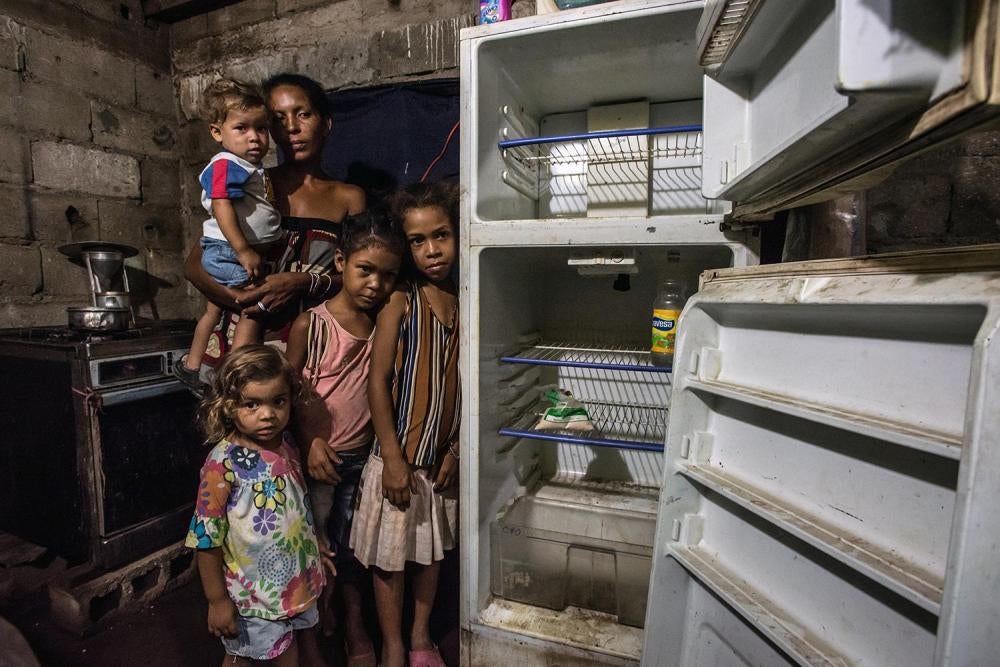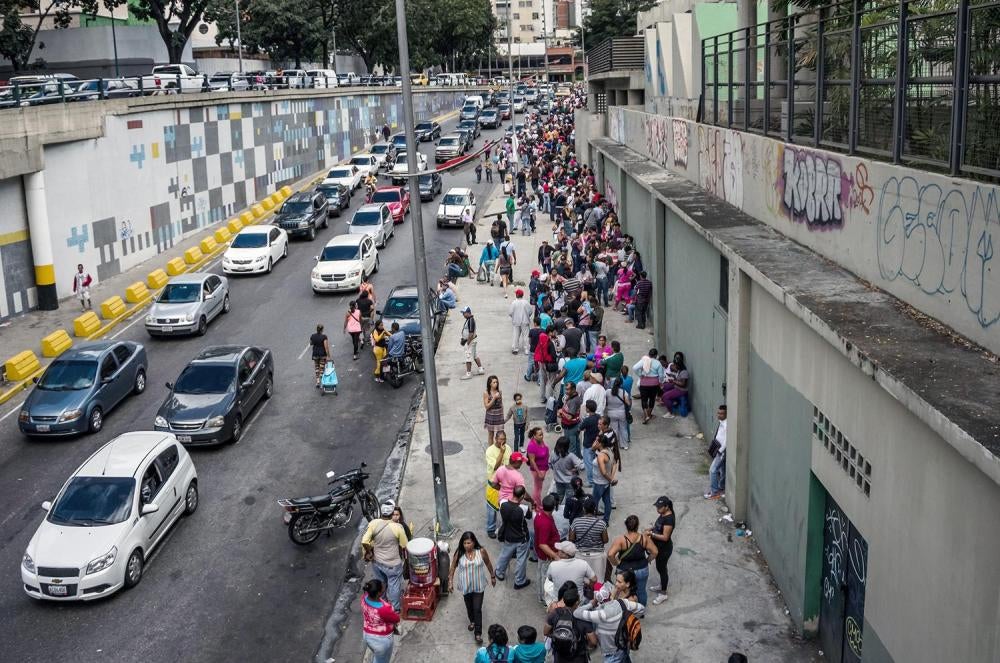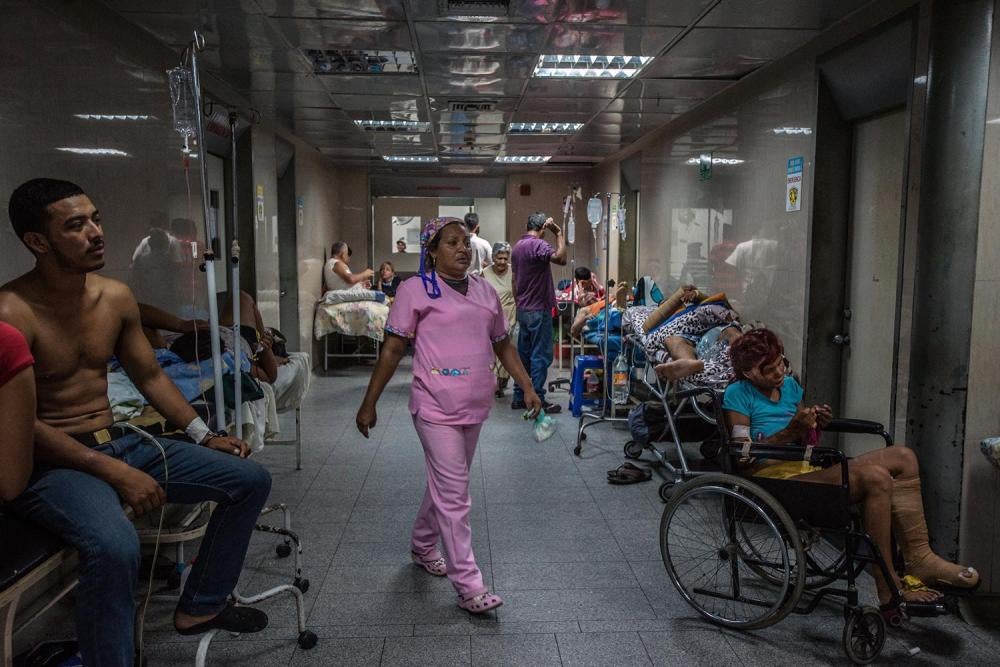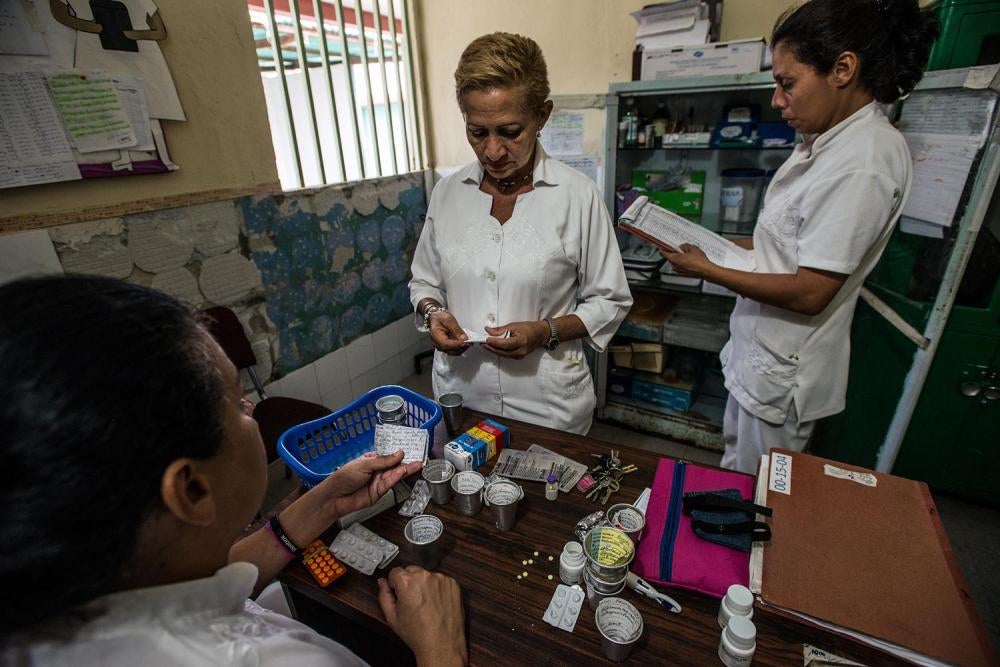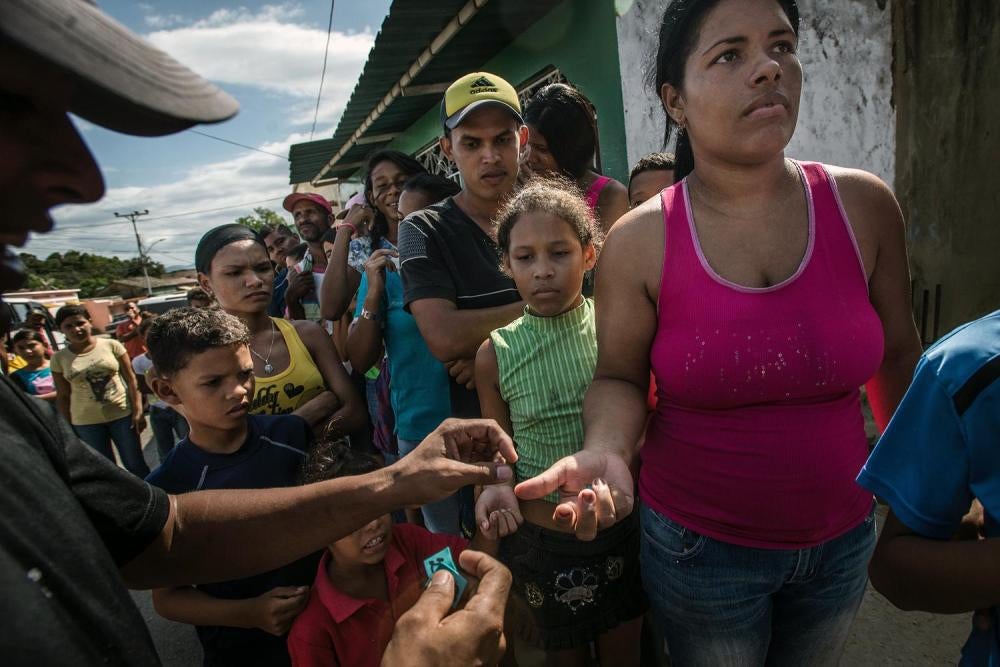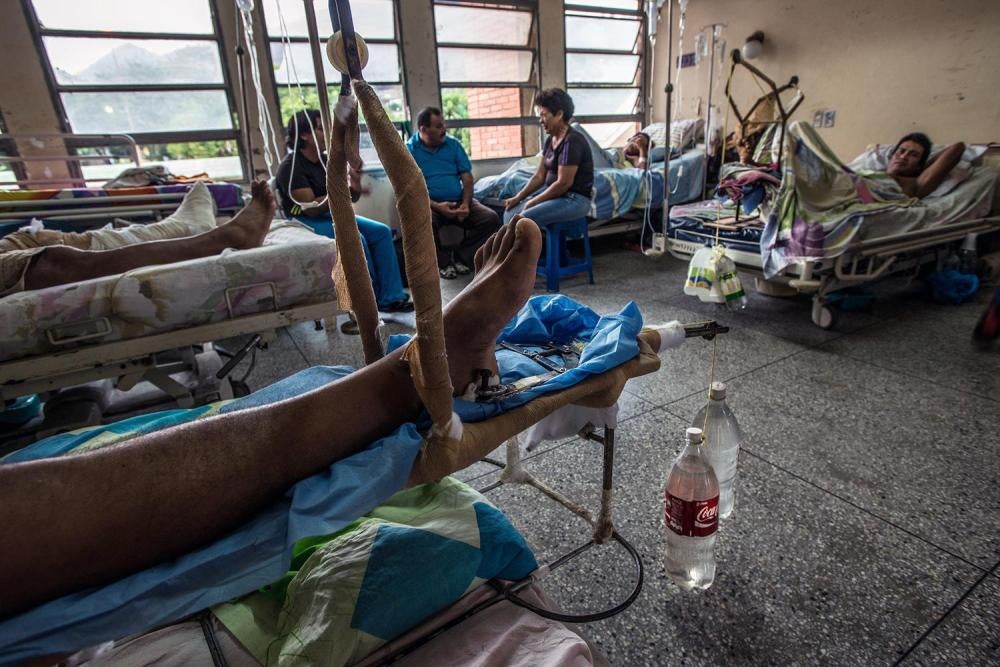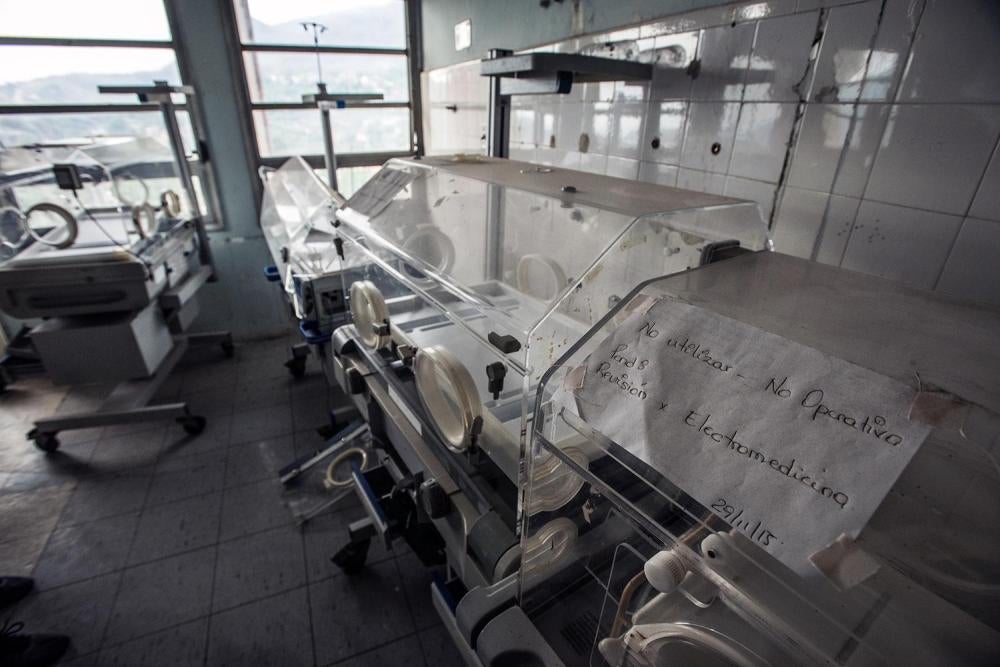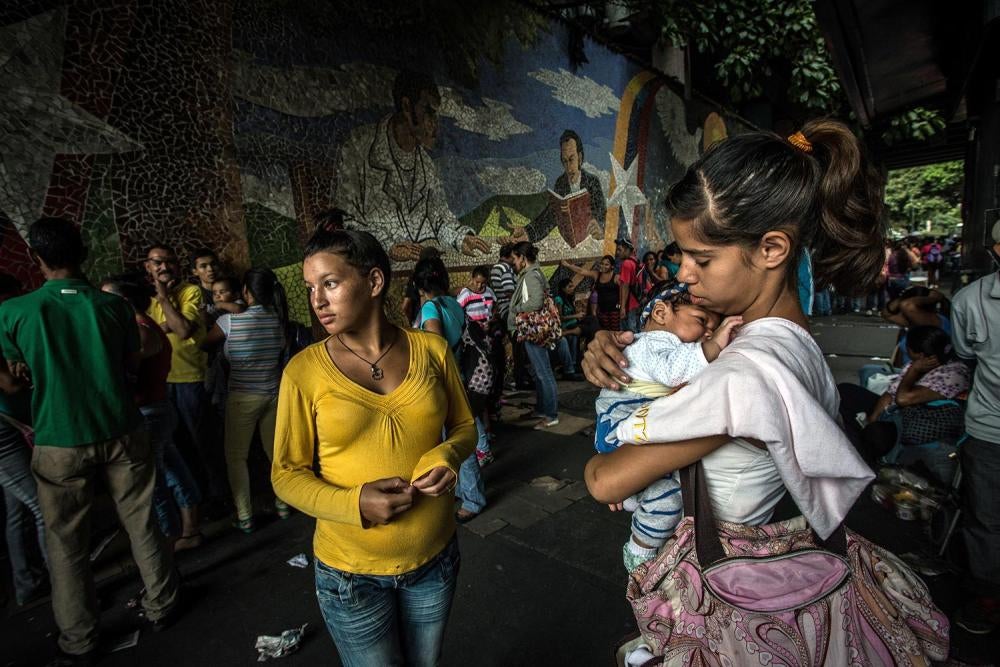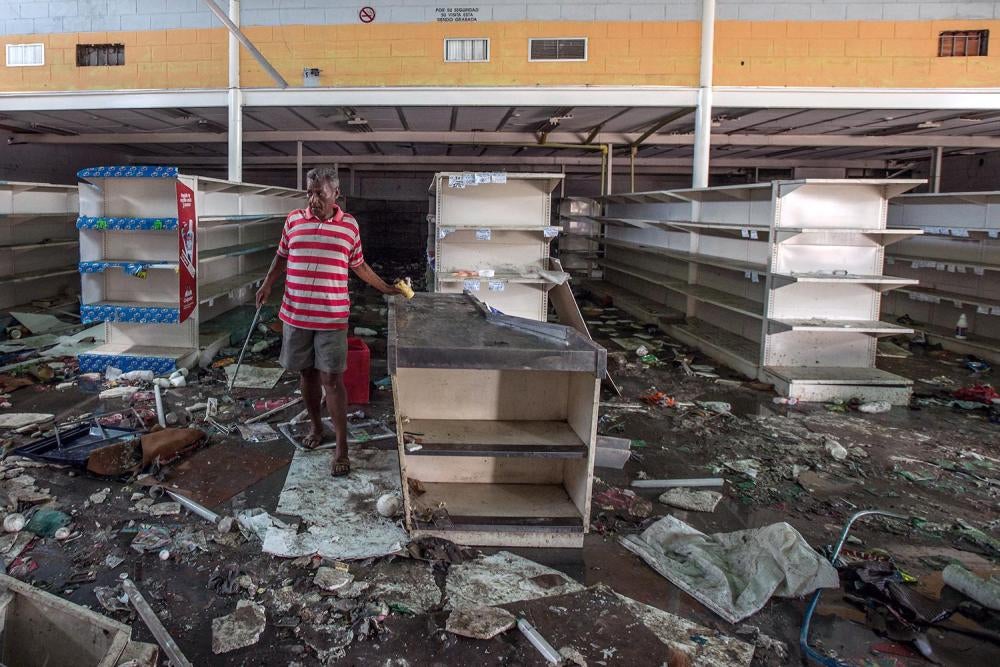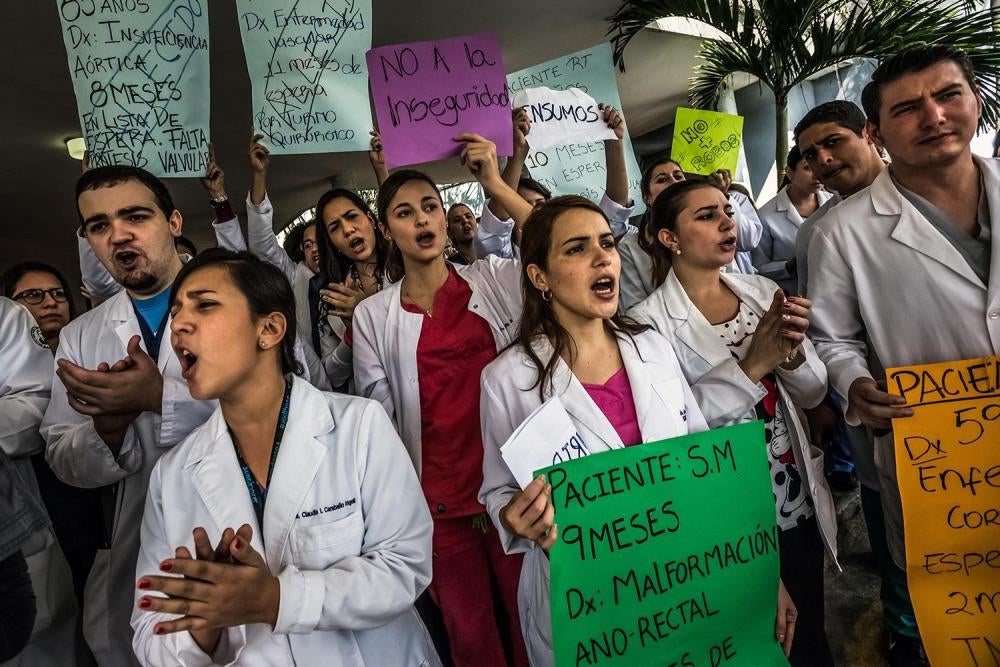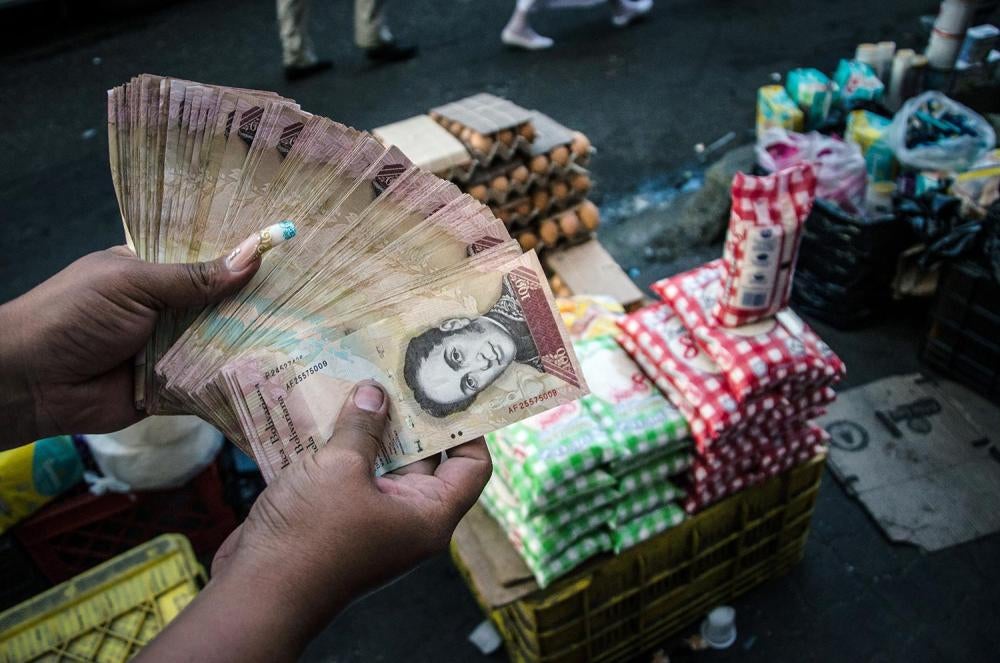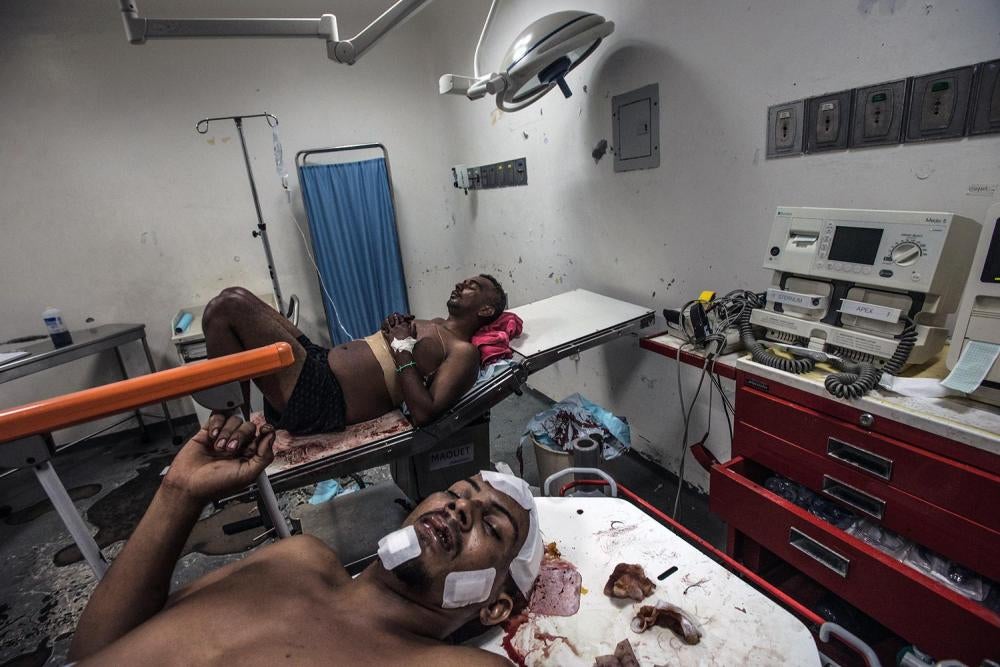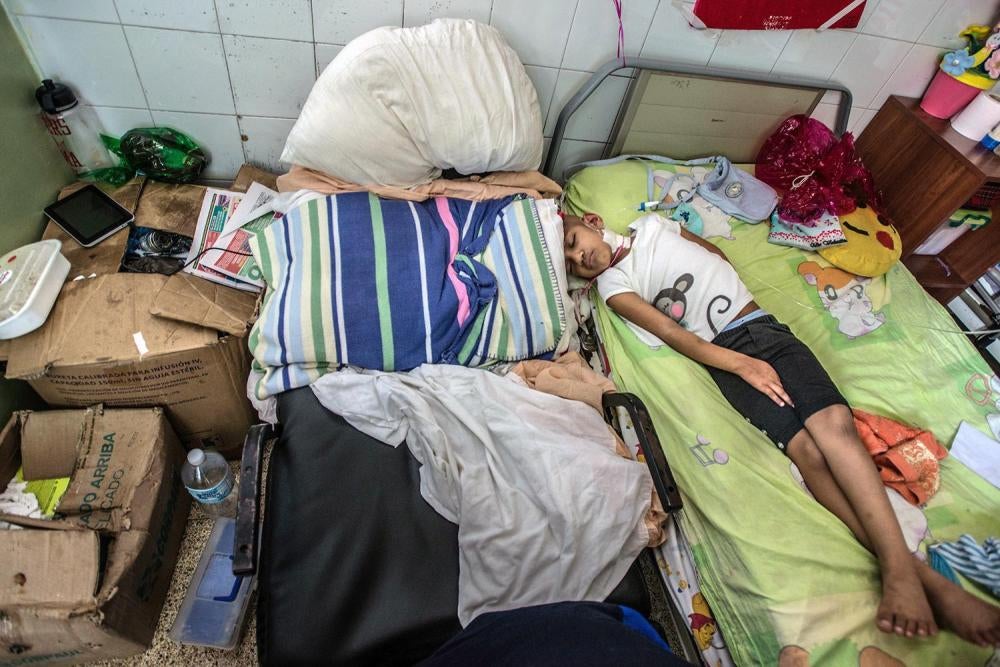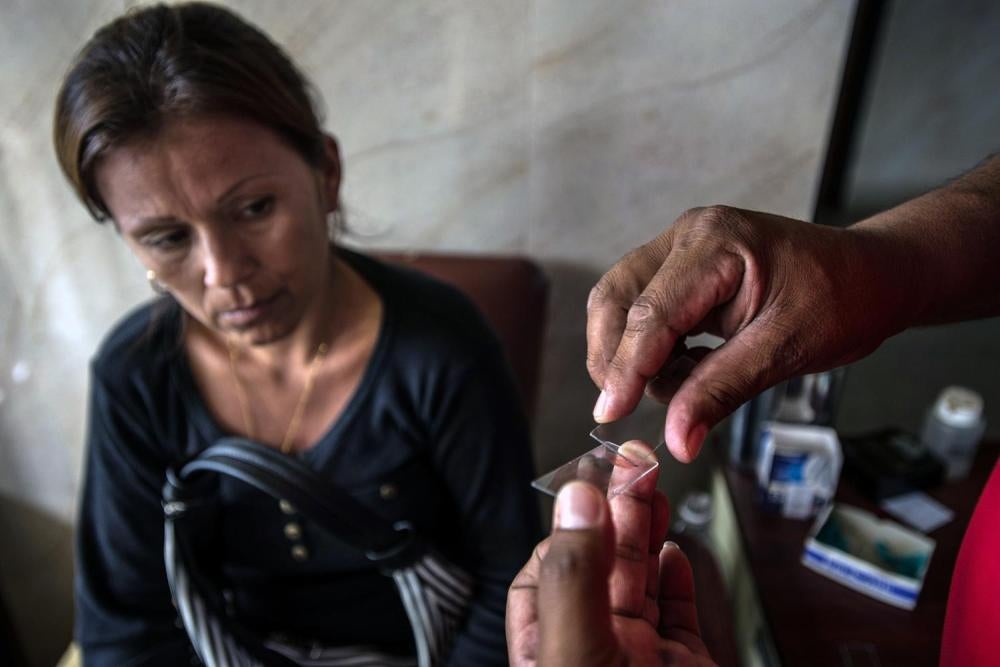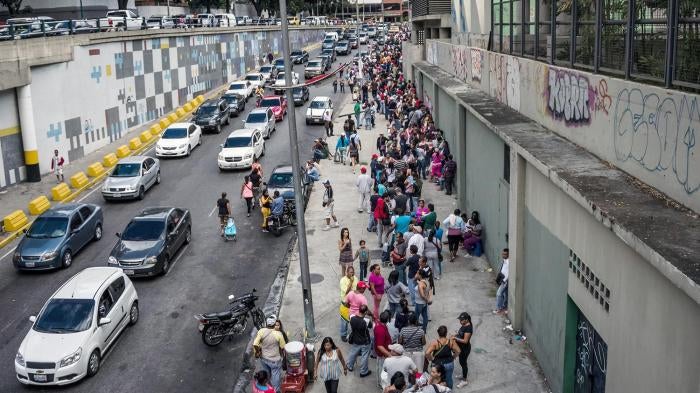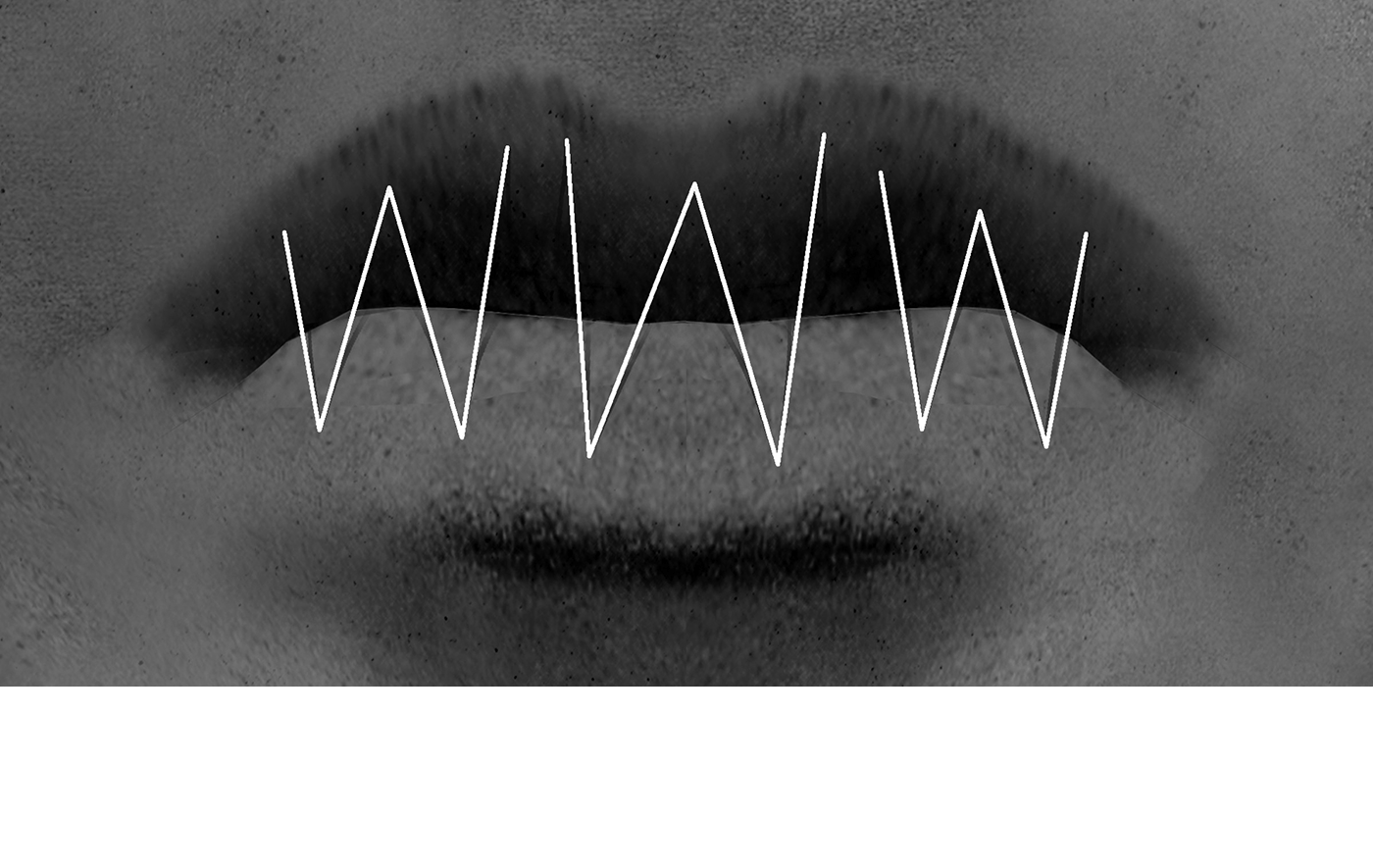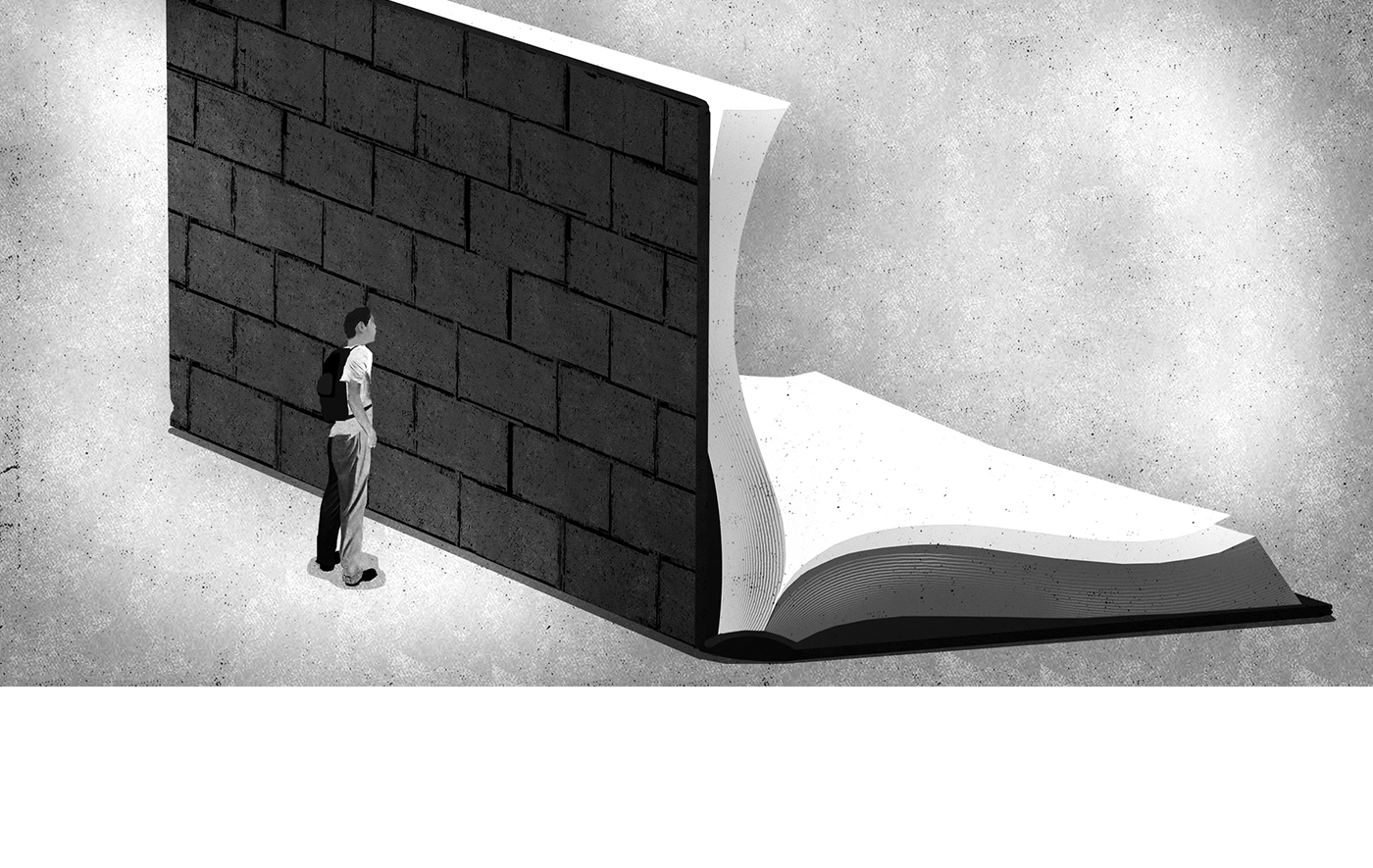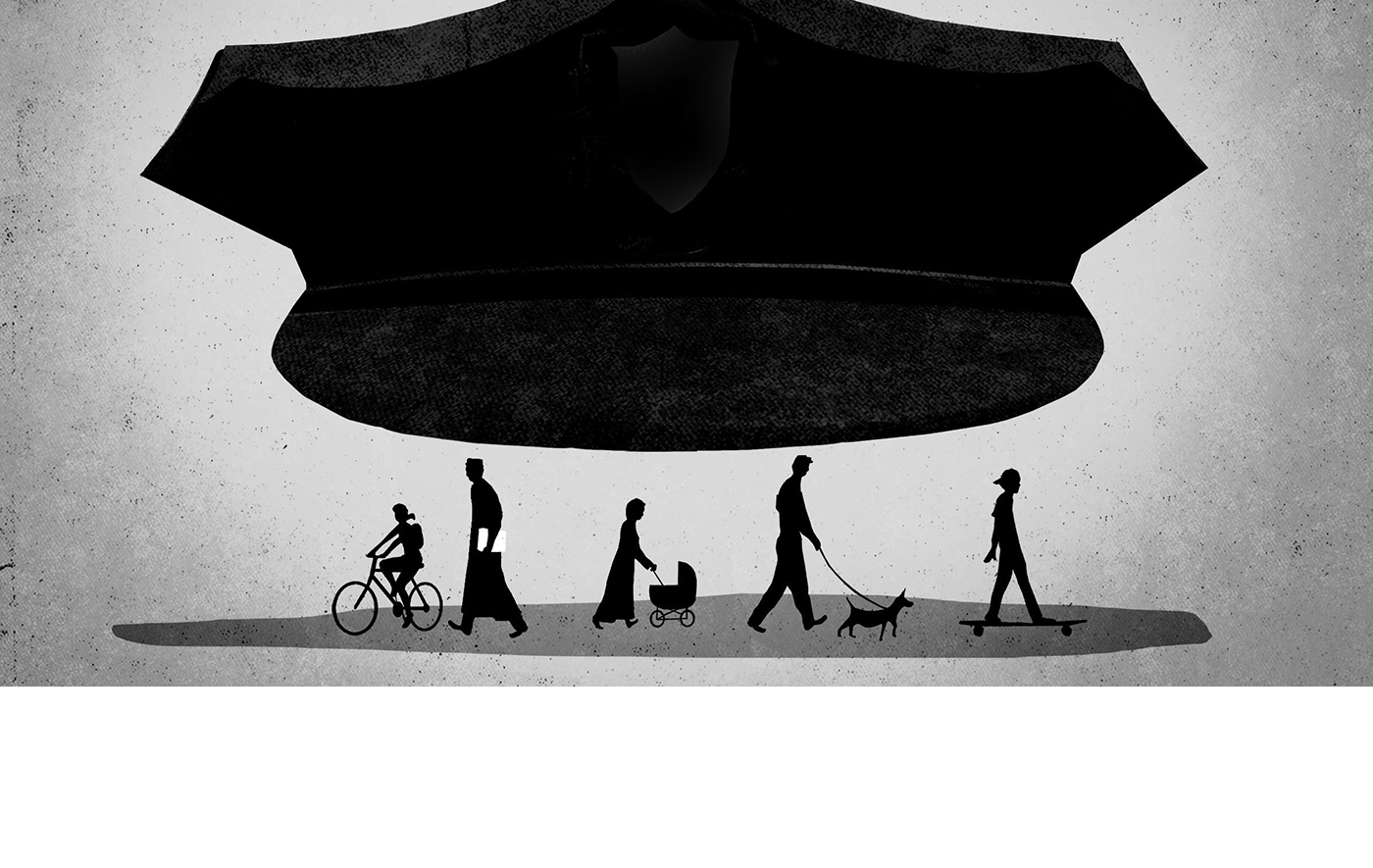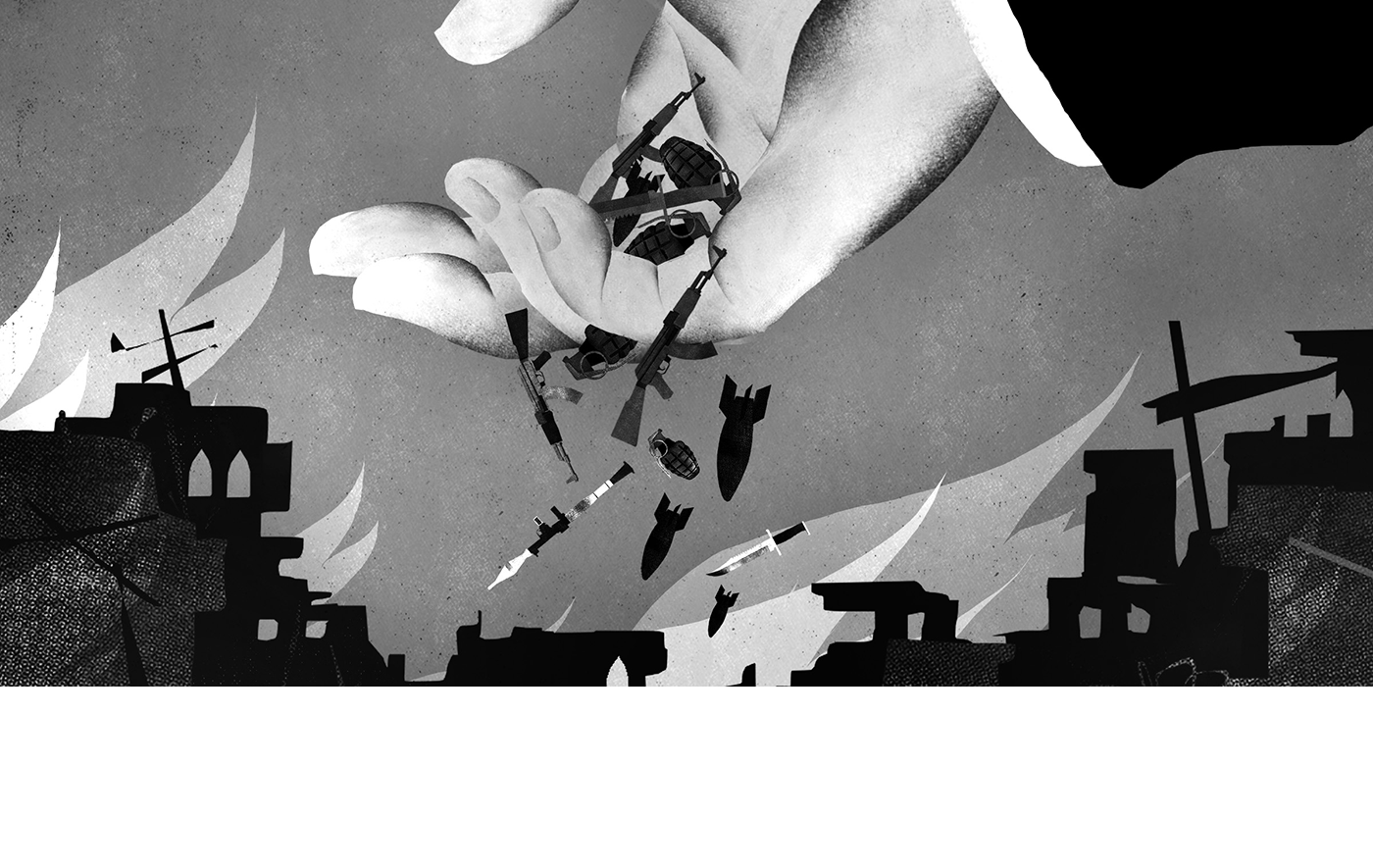Leidy Cordova, 37, with four of her five children at their home in Cumana, Venezuela, June 16, 2016. Their broken refrigerator held the only food in the house: a bag of corn flour and a bottle of vinegar.
© 2016 Meridith Kohut
Large groups of people line up to purchase difficult to find items, such as sugar, cooking oil, milk, rice, toilet paper, and baby diapers at price-controlled prices during a government event in Caracas, January 24, 2015.
© 2016 Meridith Kohut
The crowded emergency room at the University Hospital Luis Razetti in Barcelona, April 16, 2016. Doctors said that they lack most of the medicines, equipment, and supplies needed to give patients appropriate medical attention, and that the hospital suffers from weekly shortages of running water and electricity.
© 2016 Meridith Kohut
Nurses at a hospital in Barquisimeto discuss which patients will receive medicines and which will have to wait due to severe shortages of medicines at the hospital, August 24, 2016.
© 2016 Meridith Kohut
A bakery worker passes out numbers to scores of shoppers, many of whom had been waiting in line for five hours, entitling them to buy a half-kilo ration of bread in Cumaná, June 16, 2016.
© 2016 Meridith Kohut
Devices pieced together by doctors, using recycled soda bottles and water jugs as weights, to treat patients with broken legs at the University Hospital Dr. Luis Razetti in Barcelona, April 15, 2016.
© 2016 Meridith Kohut
Sign on an incubator ("Don't Use - Doesn't Work") in a room full of broken incubators in the maternity ward of the University Hospital Dr. Luis Razetti in Barcelona, April 16, 2016.
© 2016 Meridith Kohut
Jailimar Laverde, 17, (left) and Yanny Trejo, 19, (right) wait in a queue of hundreds of people outside a supermarket in Caracas rumored to have received a shipment of corn flour and butter, March 19, 2016. Both teenagers said they got pregnant because they could no longer find birth control pills in Venezuela.
© 2016 Meridith Kohut
A man searches for anything he can salvage from a grocery store that was destroyed by hundreds of looters in Cumaná, Venezuela, June 16, 2016. People took water, flour, corn meal, salt, sugar, potatoes, and cereal, leaving behind only a broken freezer and overturned shelves.
© 2016 Meridith Kohut
Doctors protest in front of the state-run University City Hospital in Caracas carrying signs describing patients they have not been able to help because they lack necessary supplies, January 15, 2015.
© 2016 Meridith Kohut
A black market vendor shows the money she earned illegally re-selling price-controlled products at substantial mark-ups in the Petare slum on the outskirts of Caracas, January 14, 2016. Black market vendors are able to make significant profits because of high demand for hard-to-find products such as soap, shampoo, corn flour, rice, coffee, cooking oil, and diapers.
© 2016 Meridith Kohut
Two ER patients, one with head trauma from a car accident, and another who had been stabbed, in the emergency operating room of the University Hospital Dr. Luis Razetti in Barcelona, April 16, 2016. Both were bandaged up but not otherwise treated because doctors lacked the equipment to take the scans necessary to determine appropriate treatment.
© 2016 Meridith Kohut
Nicolas Espinoza's young daughter sleeps in the children's cancer ward at the University Hospital Dr. Luis Razetti in Barcelona, April 15, 2016. Mr. Espinoza said he had not been able to obtain the chemotherapy drugs and antibiotics doctors prescribed to treat her illness.
© 2016 Meridith Kohut
Soraya Rodríguez gets her ear pricked during a blood test for malaria at a clinic in Tumerero, May 25, 2016. More than 100,000 Venezuelans contracted malaria in 2015.
© 2016 Meridith Kohut
Venezuela is experiencing a profound humanitarian crisis. Severe shortages of medicines and medical supplies make it extremely difficult for many Venezuelans to obtain essential medical care. And severe shortages of food and other goods make it difficult for many people to obtain adequate nutrition and cover their families’ basic needs.
The Venezuelan government’s response to date has been woefully inadequate. Authorities deny the existence of a crisis. They have not articulated or implemented effective policies to alleviate it on their own, and have made only limited efforts to obtain international humanitarian assistance that could significantly bolster their own limited efforts.
